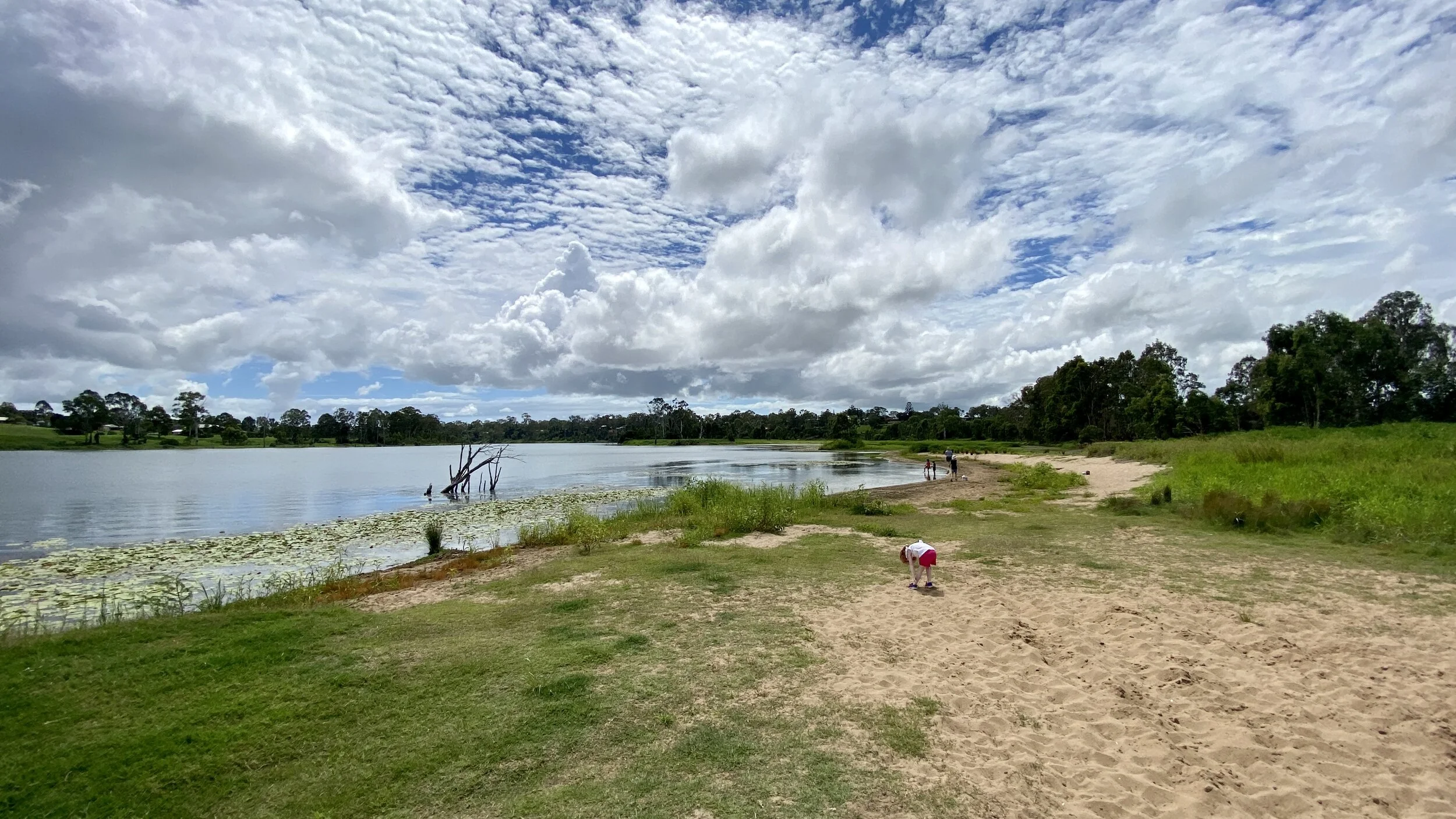The Song I Didn’t Want To Sing
“You have kept me from closing my eyes; I am troubled and cannot speak. I consider days of old, years long past. At night I remember my music; I meditate in my heart, and my spirit ponders.” (Psalm 77:4–6, CSB)
There is a pain that tears at the deep places, pulling to the surface old wounds that have healed with unsightly scars.
There is a pain that gouges at the eyes, asking again for tears when they’ve been spent in full.
There is a pain that invites words but robs them at the gate—my open mouth resembling a gaping grave.
There is a pain where my only response are sobbing groans that resemble a song I never wanted to sing—a song of lament.
I remember other songs—nursery rhymes and simple tunes we used to sing. I remember songs of rejoicing, of triumph, of celebration, of nothing in particular except that in my memories we were singing these songs together. I remember duets, but now your part is silent. If I could sing, I know you won’t answer me. So now a new song sits ready to be sung—a song I didn’t want to sing.
““Will the Lord reject forever and never again show favor? Has his faithful love ceased forever? Is his promise at an end for all generations? Has God forgotten to be gracious? Has he in anger withheld his compassion?” (Psalm 77:7–9, CSB)
Selah.
Stop and reflect.
It sounds especially religious doesn’t it? ”Selah?” But the pause brings with it pain, a lament I couldn’t imagine singing, but is sung in tears none-the-less. The song that echoes from the walls now, began first as a refrain of sadness two years ago, on a dark night when my son said, “I’m not sure I want this for my life. Your ways aren’t my ways.” Since then I uttered countless prayers for my boy, and countless prayers for other father’s of wandering sons.
But the refrain has become a crescendo of sorrow. The son who wandered has now wandered away. The aroma of grace became too much for him to bear, so he hugged us with tears and walked away. His chair is empty at our table. Messages are never returned. He is gone. Like a death with no grave, we love and grieve a son who embraces a kingdom in a faraway land. I wrap my arms around my wife, feeling her tears on my shoulder, and we sing a song we never wanted to sing.
“I cry aloud to God, aloud to God, and he will hear me. I sought the Lord in my day of trouble. My hands were continually lifted up all night long; I refused to be comforted. I think of God; I groan; I meditate; my spirit becomes weak.” (Psalm 77:1–3, CSB)
Yet even though this isn’t the song I wanted to sing—I wanted songs of overcoming, of deliverance, of joy, of salvation—even in this song, the song of lament, God has been graciously reminding me that he is the God of unseen paths.
The water saw you, God. The water saw you; it trembled. Even the depths shook. The clouds poured down water. The storm clouds thundered; your arrows flashed back and forth. The sound of your thunder was in the whirlwind; lightning lit up the world. The earth shook and quaked. Your way went through the sea and your path through the vast water, but your footprints were unseen. You led your people like a flock by the hand of Moses and Aaron.” (Psalm 77:16–20, CSB)
Just as Israel grieved on the bank of the Red Sea, as their oppressors bore down on them from behind—just as the way seemed lost, the night dark, their future hopeless—it was God who would reveal the path that had always been there. A path present but not seen.
So too I will sing the song I never wanted to sing—I will sing it in the dark of night as I wait on the God who reveals hidden paths.
“So I say, “I am grieved that the right hand of the Most High has changed.” I will remember the LORD’s works; yes, I will remember your ancient wonders. I will reflect on all you have done and meditate on your actions. God, your way is holy. What god is great like God? You are the God who works wonders; you revealed your strength among the peoples. With power you redeemed your people, the descendants of Jacob and Joseph. Selah (Psalm 77:10–15, CSB)





